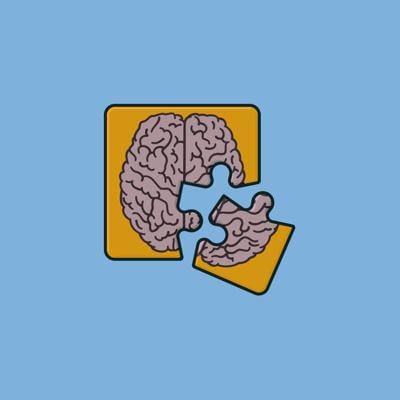Is artificial intelligence (AI) a new tool for screening for Alzheimer’s disease?
Artificial intelligence is the simulation of human cognition by computers or other machines that are capable of learning, thinking, and making decisions or taking actions. Specific AI in healthcare applications include improving medical diagnoses, managing healthcare data, performing robotic surgery, speeding up drug discovery and transforming patient experiences.
Currently, screenings for Alzheimer’s disease can involve brain scans such as a PET scan and MRI, in addition to the analysis of cerebral fluid collected from the spine via a procedure called a lumbar puncture. Researchers at the Universities of Texas and Georgia compared results from participants of the standard tests to their new AI-powered voice screening. The investigational technique identifies subtle changes in the voice of an individual that could indicate cognitive problems and Alzheimer’s disease before symptoms are evident. And, using this artificial intelligence to analyze a recording of someone’s voice could cut the duration of an Alzheimer’s screening process from several hours to less than 10 minutes.
The small study performed at Emory University in Atlanta included 206 people, comparing just under half of them having mild cognitive impairment (MCI) to the remaining who had no cognitive impairment. Participants were all under 50 yeas old and 51% of them were African American. Each participant spent one to two minutes describing a piece of artwork.
“Using AI to analyze speech changes can identify signs of early disease that are either extremely labor intensive to detect current methods or not even detectable by the human ear,” commented researcher Dr. Ihab Hajjar, of the University of Texas Southwestern.
“If confirmed with larger studies, the use of artificial intelligence and machine learning to study vocal recordings could provide primary care providers with an easy-to-perform screening tool for at-risk individuals,” said Hajjar in a statement. “Earlier diagnoses would give patients and families more time to plan for the future and give clinicians greater flexibility in recommending promising lifestyle interventions.”
AI could be beneficial concerning the possibility of improving diagnosis and predicting progression of Alzheimer’s disease. AI and machine learning (ML) programs are low-cost tools with great performance metrics. Using AI techniques represents an emerging approach for disease treatment and prevention with variables such as lifestyle, genetics, physiology and environmental factors. Yet, one key limitation of AI refers to the quality of the data that is supplied to the computer, which could alter final conclusions.
Overall, the AI techniques represent a tool that would only enhance the basic sciences and clinical practices working altogether to reach a mutual goal: to improve healthcare in dementia.
Complete results of the study were published earlier this year by the Alzheimer’s Association in Diagnosis, Assessment & Disease Monitoring.

